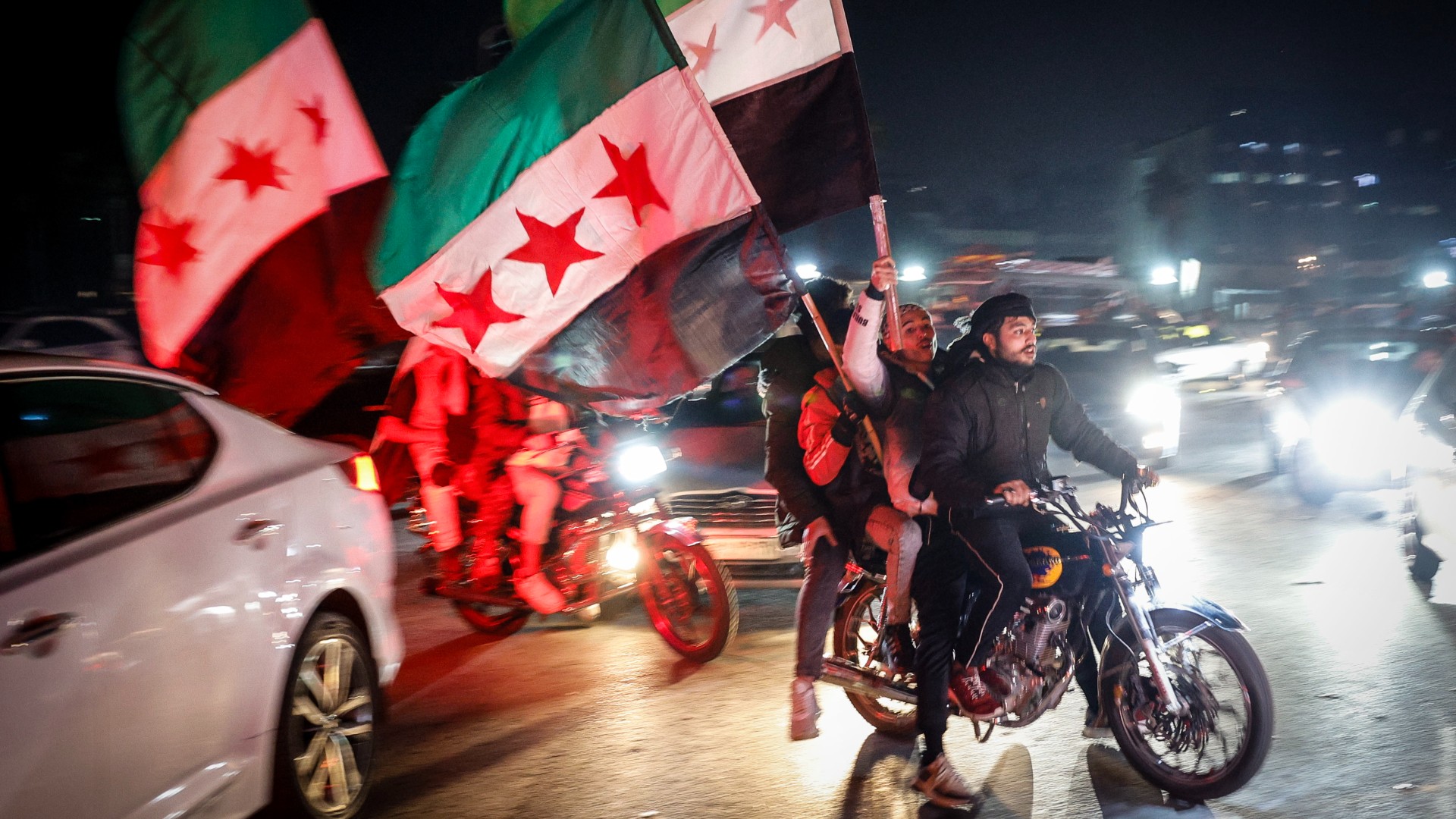After the fall of the Assad regime, three Syrian journalists in exile talk to iMEdD about the challenges and opportunities of independent journalism in Syria, amid an unstable and uncharted media landscape.
Reporting from Damascus
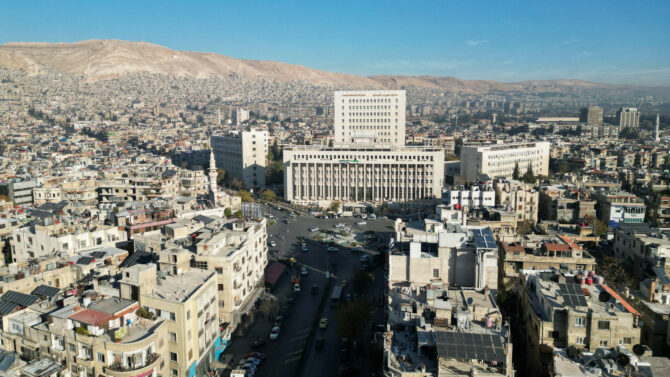
Elvira Krithari, the first Greek journalist to enter Syria after the fall of Assad, talks to iMEdD about working conditions on the ground and the presence of foreign journalists in Damascus.
A few days after the fall of the Assad regime in December, journalist Lina Chawaf found herself back on the Turkish-Syrian border. This time, instead of fearing the “ghost” of the regime that forced her into exile, she was staring it in the face. The border post was empty. She had not returned to cross into Syria, but to explore a new opportunity.
Chawaf is one of the hundreds of journalists and some 6 million Syrians who fled the country after the 2011 uprising and during the civil war. At the same time, she is in the minority. She leads an independent Syrian media outlet, Radio Rozana, founded in 2013, which has covered events in Syria for a decade through a network of correspondents in the country and journalists staffing its newsrooms in Turkey and France.
The trip was about crafting a strategy and preparing for the future. The fall of the Assad regime is an opportunity for Radio Rozana, she told iMEdD. She immediately moved to increase the number of journalists it employs and expand its base of radio transmitters.
“We already had a small radio transmitter in Aleppo and a bigger one in Alarbaaen Mountain, covering Tartous, Homs, Hama, and Idlib. We wanted to have a transmitter in Damascus, but you cannot broadcast without registration with the government,” she explained.
On December 8, 2024, armed rebels, including militants from Hayat Tahrir al-Sham (HTS), took over Damascus, the capital of Syria, forcing then-President Bashar al-Assad to flee the country. The fall of the regime sparked a sense of possibilities for Syrian journalists inside and outside the country. However, this feeling was soon replaced by anxiety about the new uncharted landscape under the interim government.
“The people there were [initially] so happy as if a nightmare had been lifted from their shoulders. You could see the relief in the streets. … But after a couple of months, they began to question everything,” said Chawaf.
According to Chawaf, the interim government is not hostile to journalists. But it bears an ideology that her colleagues have encountered in the past while sending dispatches from Idlib.
“HTS was not happy with us because we reported on women’s rights, human rights, and freedom of expression—things they don’t believe in. [Our reporters] weren’t arrested, but HTS was displeased.”
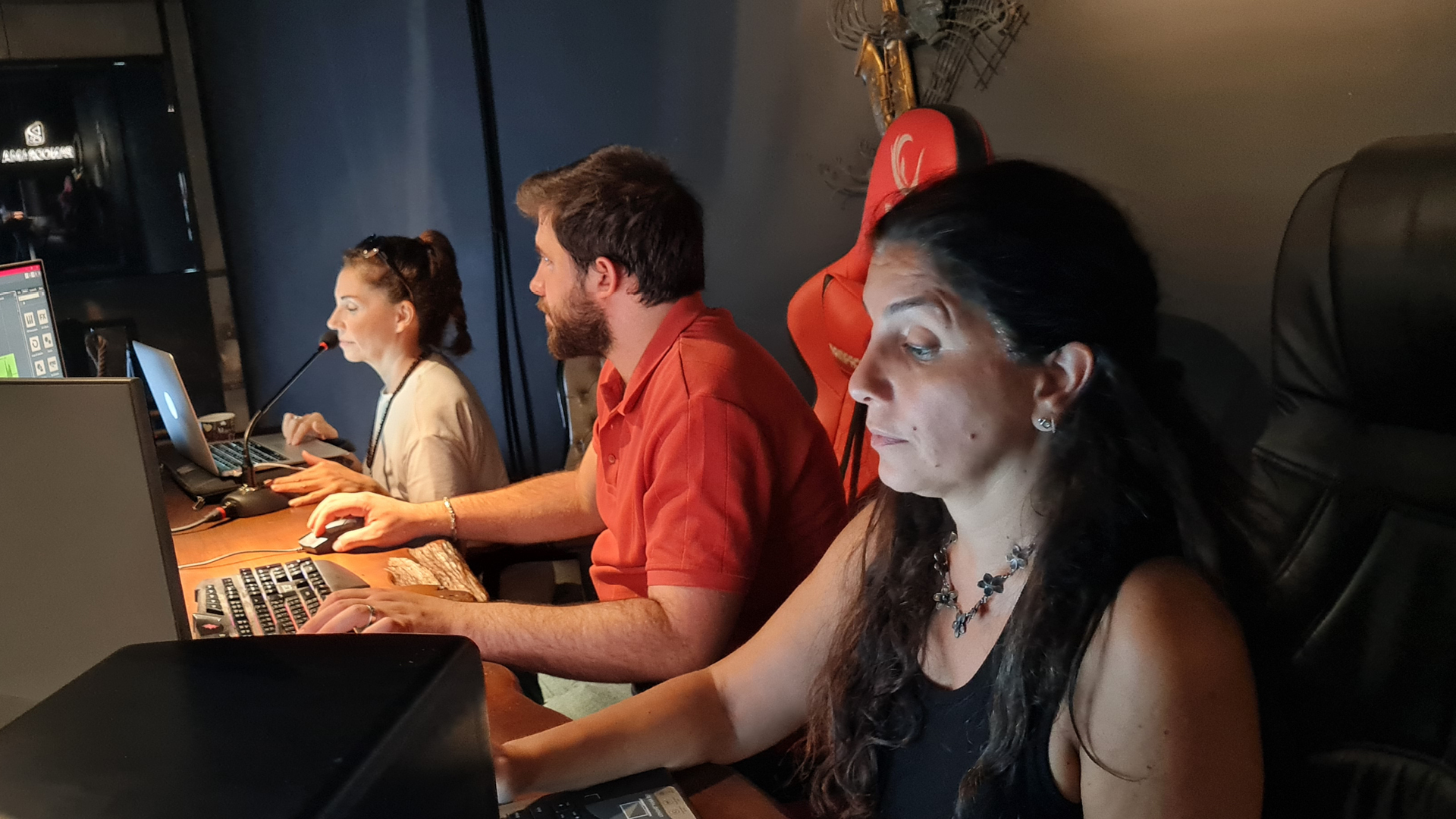
According to the Committee to Protect Journalists (CPJ), Syria remains one of the most dangerous countries to practice journalism. Between 2011 and 2024, 141 journalists were killed, including those who died amid conflict, were murdered, or died in state custody.
“Assad’s forces took two of our correspondents and returned their bodies. Al-Nusra executed another with a bullet. One of our correspondents in Raqqa was kidnapped by ISIS. Most correspondents wrote under nicknames but did not [fully] hide their identities. However, in Raqqa, our correspondent [who was kidnapped] had to remain hidden,” she said.
In recent years Syria has also occupied one of the top spots on CPJ’s Global Impunity Index, ranking first in 2023. This means that those responsible for killing journalists were seldom brought to justice.
Opportunities for Investigative Journalism
As Chawaf recalls, she found herself boarding a plane to Canada in 2011, soon after she and her children received death threats from the Assad regime.
“I was the editor at Radio Arabesque, and the owner was pro-regime. The Communication Ministry and other media authorities tried to pressure me. They demanded that we broadcast songs praising Assad and label demonstrators as terrorists—jihadists and Salafists. I refused because it wasn’t true,” she said.
“They warned me, saying, ‘What are you talking about? They will take you, and no one will know what happened. If you return, it will be as a body.'”
During the first days after the overthrow of the regime, dozens of journalists found themselves in front of empty public offices, abandoned by staff. There was zero control of information.
“Now we are seeing the reality on the ground,” said Mohammed Bassiki, an exiled investigative journalist in France and co-founder of SIRAJ.
“The documents are everywhere. It’s an explosion of records—everyone is taking documents, checking them, and finding proof of what we had already said before. … We saw it in the papers, which are leaks from the intelligence bureaus in Damascus and across Syria”. They found many documents detailing instructions for journalists—what they were allowed to do, and what they were forbidden from doing, he said.
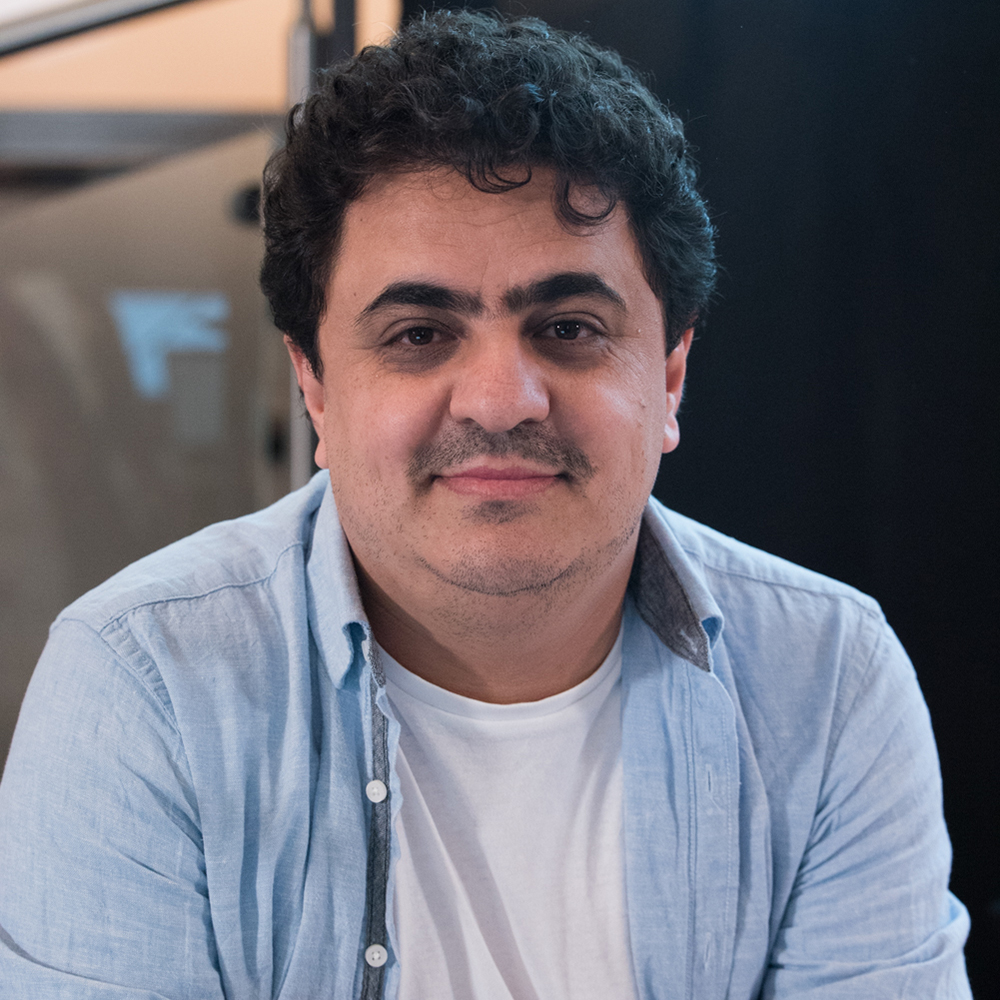
Bassiki worked as a financial editor for one of the country’s largest magazines. In March 2011, he observed that the regime’s attitude was becoming increasingly hostile towards journalists. At first, they were bribed and then they began to use violence, weapons, and the army, he said.
He fled to Turkey in 2013, where he worked as a freelancer. In the following years, and as his colleagues – also experienced journalists – left the country, the idea for SIRAJ (Syrian Investigative Reporting for Accountability Journalism) was born. In 2020, it was officially registered as a non-profit news organization in France and began training young journalists while producing content, focused on Syria. Today, they collaborate with organizations such as OCCRP, Lighthouse Reports, the Guardian, Finance Uncovered, and others.
“Our team is now mobilizing on the ground to screen and analyze these documents. It is time for us to preserve this data. Later, we will find the right way to deal with the information and investigate it further,” Bassiki said.
Human Rights and Exile
Her experiences as a journalist in various regions of Syria, with a focus on human rights and women’s rights, led Zaina Erhaim to her current role of training women journalists in the Middle East in producing collaborative investigative articles. In 2016, she fled to Turkey.
From the beginning of her career, she refused to wear a hijab or ask a man to accompany her on her journalistic trips. In the last four years in Syria, she wrote more than 80 stories. At the same time, she kept a folder on her computer titled “Can’t be Published” with facts that she could not publish while she remained in the country.
“Not only would my life be at risk, but also the lives of the men in my family, as according to Sharia law, they are responsible for my actions,” she told iMEdD from London where she currently lives and works.
On a trip to the UK in 2016, authorities at the airport confiscated her passport. She was later told that her passport had been declared “lost”.
“It was a clear message that the whole international system is working in favor of Assad,” she said.
In recent months Erhaim returned to Syria, where she was confronted with a shifting media landscape. She participated in public debates on the future of journalism, in which journalists from former pro-government media, media affiliated with the former opposition, and independent media exchanged views freely. In February 2025, she held the first – in her career – training for journalists in Damascus. She recorded her experiences on X (formerly Twitter).
“It wasn’t only surreal to speak about #freePress and feminism here, but to communicate with women who were scared of getting in touch with me only 3 months ago!” she wrote.
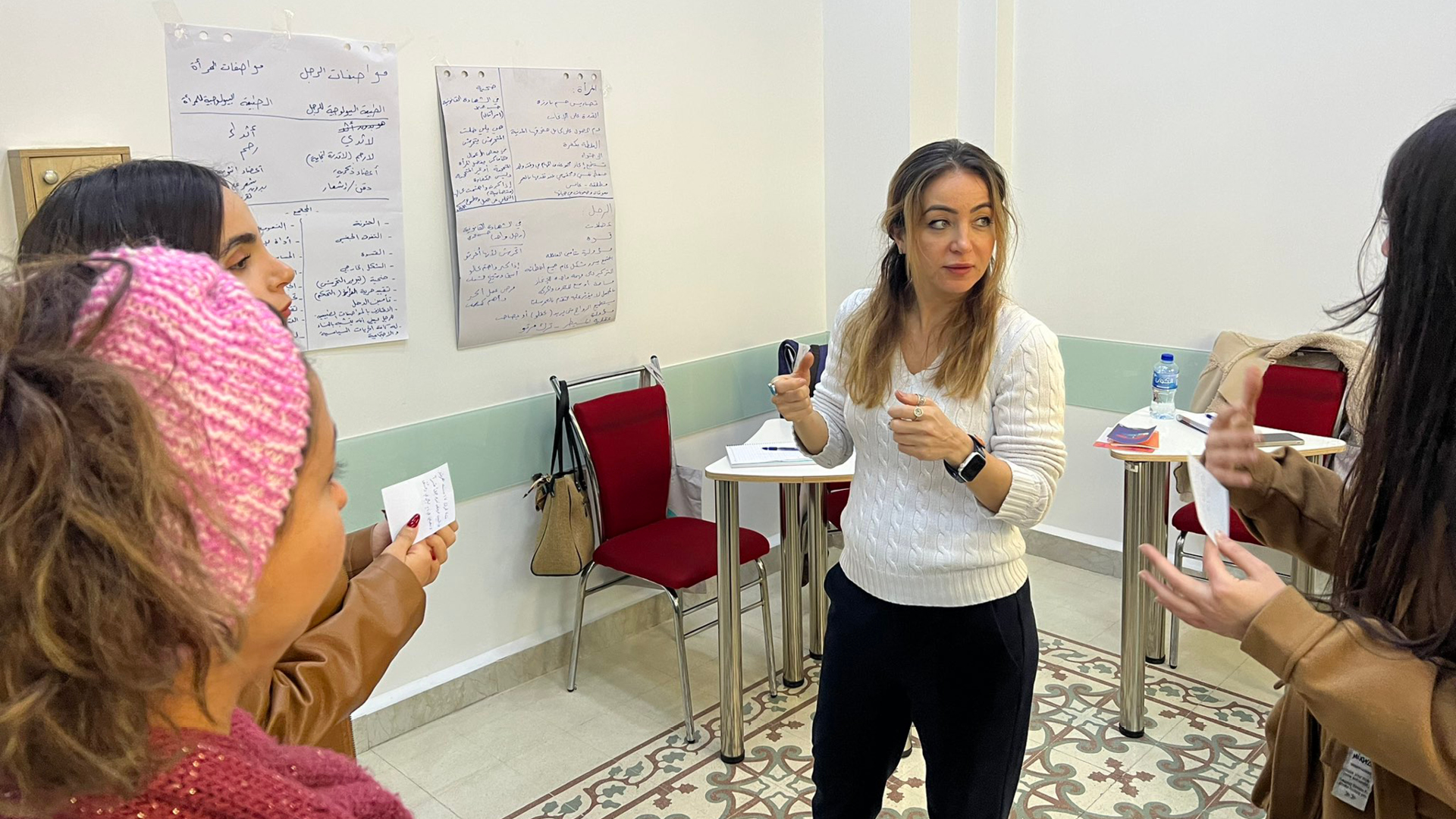
The Next Day
“The collapse of the Assad regime means freedom for journalism and the media. (…) We don’t know what will happen immediately, but whatever comes next, I’m sure it won’t be like the Assad era – it will be better,” said Bassiki, who after 12 years wishes to revisit his family in Syria, told iMEdD.
Lina Chawaf, who has been living in Boston for the past few months as a Nieman Foundation Fellow at Harvard University, says Radio Rozana will expand its coverage in Syria in the coming months, using techniques such as Solutions Journalism and multimedia content creation, aiming to engage audiences.
At the same time, Rozana Radio and three other independent Syrian media outlets – Al-Jumhuriya, Arta, and Enab Baladi – created a journalistic consortium to “secure more funding, reduce costs and ensure their sustainability”.
Zaina Erhaim focuses on the Syrian journalistic community and strengthening ties with their independent colleagues in exile. As she says, in recent months, many Syrian journalists have “rediscovered their voice” and “have finally revealed their identity after years of hiding behind pseudonyms”.
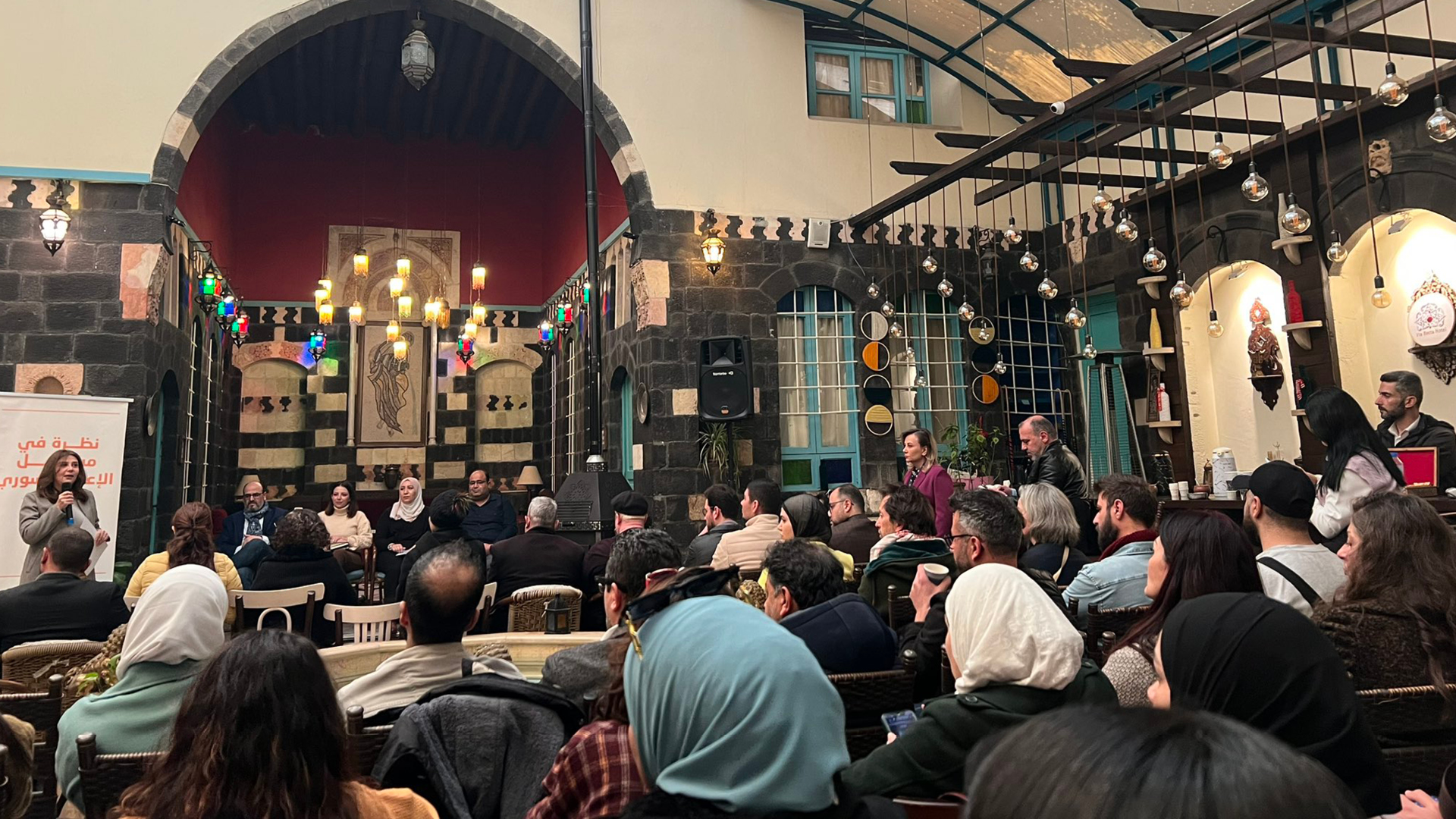
The journalistic landscape remains murky, but Bassiki is optimistic.
“From December 8 onwards, we have been monitoring their words. They keep saying they support free and independent media. So, I think we are at a turning point, a period of transition. It will take time to put in place laws and regulations to protect journalists and Syrian journalism.”

